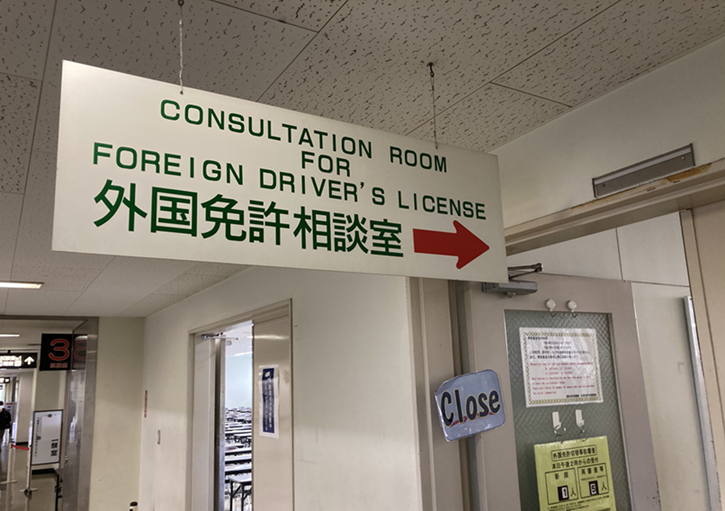Following two troubling traffic incidents involving Chinese and Peruvian nationals, Japanese authorities are rethinking the process that allows overseas driver’s licenses to be converted into local ones. The National Police Agency (NPA) revealed this week that it is reviewing the current rules amid criticism that the system may be too lenient. The move comes as concerns grow over road safety and the adequacy of current testing standards, especially in light of the rising number of foreign license conversions. Last year alone, nearly 76,000 conversions were processed, more than double the figure from 2015.
While many foreign residents appreciate the relatively smooth path to getting a Japanese license, officials argue that the simplicity of the system may not be sufficient to ensure road competency. The basic traffic rules test has a high pass rate of around 90%, and many applicants are exempt from the more challenging driving test based on their country of origin. Critics worry that these exemptions and limited requirements may not reflect the reality of driving on Japan’s often complex and densely trafficked roads. This concern was echoed by LDP policy chief Itsunori Onodera, who pledged support for revising the system if gaps are identified.
Among the proposed changes are stricter identity verification, such as requiring resident registration documents, and expanding the scope of the written exam. Some officials have also called for greater scrutiny of tourists converting licenses using temporary addresses like hotels. The NPA’s move signals a shift toward tightening standards to prevent misuse and ensure safety for all drivers in Japan. As former digital minister Taro Kono emphasized, applying the rules consistently and rigorously will be key to maintaining public trust and road safety in an increasingly globalized society.
“Your donation helps us cover global events, ensuring everyone stays informed.”
(Source: Kyodo News | Japan Times)









